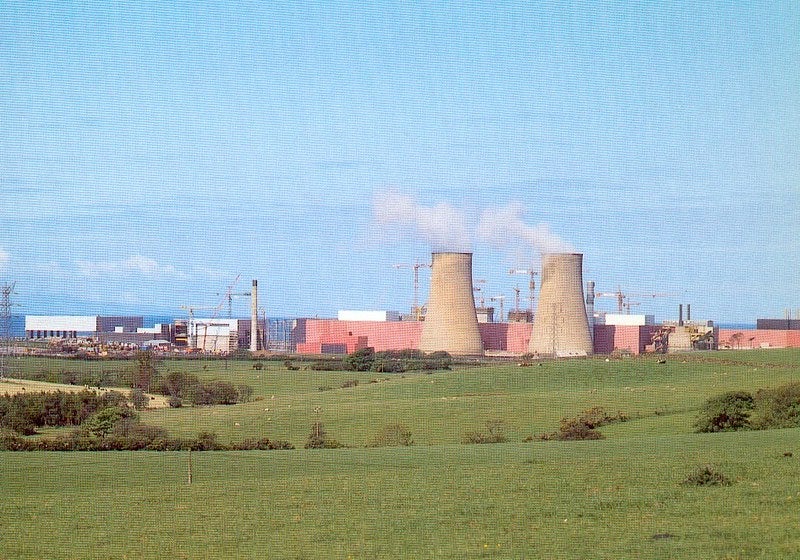
University of Manchester researchers have discovered microbial life can survive intense radiation at European nuclear waste storage sites.
Working with the National Nuclear Laboratory at the Sellafield nuclear site, researchers found that microbes, including bacteria and algae, can survive in environments previously thought to be inhospitable to life.
Geomicromicrobiologists studied microbes that can cause summer blooms in nuclear fuel storage ponds, slowing down the decommissioning process of retired nuclear plants. Summer blooms reduce visibility and disrupt fuel retrieval.
University of Manchester microbiology professor Jonathan Lloyd said: “Our research focused on Sellafield’s First Generation Magnox Storage Pond (FGMSP), which is a legacy pond that has both significant levels of radioactivity in conjunction with a highly alkaline pH (11.4), equivalent to domestic bleach.
“The ultimate aim of this work was to identify the microbes that can tolerate such an inhospitable environment, understand how they tolerate high radiation levels, and help site operators control their growth.
“The growth of the microorganisms in the FGMSP inhibits the operations in the pond, which is currently a priority for decommissioning. “
Study results showed that microorganisms in FGMSP can be controlled by purging the ponds with alkaline dosed water at regular intervals, allowing plant operations to resume.
Researchers said they will conduct further studies to support Sellafield authorities with control measures.
Postdoctoral researcher Dr Lynn Foster said: “By limiting the proliferation of microorganisms on the Sellafield site we are helping to keep decommissioning programmes on schedule and within budget.
“In addition, further laboratory experiments are ongoing in order to better understand the adaptive mechanisms of these fascinating extremophile organisms that are native to these highly unusual engineered pond systems.”



